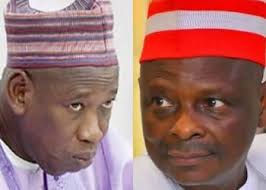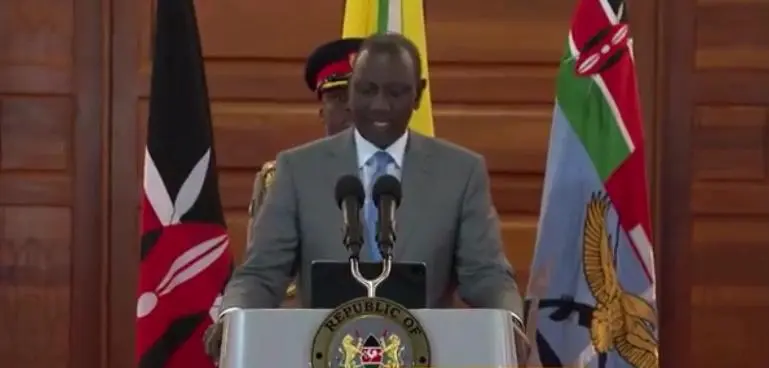Tariff Battle Escalates as Discos Reject State-Led Review Talks
The electricity sector across the nation is currently embroiled in a heated debate over tariff regulations and the role of the state in controlling electricity prices. Recently, all 36 state commissioners of energy expressed their willingness to engage in negotiations with power distribution companies (Discos) to establish fairer and more manageable tariffs for consumers.
This development follows the controversial move by the Enugu Electricity Regulatory Commission (EERC) to cut tariffs for Category A consumers from N209 per kilowatt-hour (kWh) to N160 per kWh—an action that has ignited protests from multiple Discos and industry stakeholders. The power distribution companies have vehemently opposed the idea of states taking control of tariffs, fearing it could destabilise the sector and hinder investment.
According to the Nigerian Electricity Regulatory Commission (NERC), seven states — including Enugu, Ondo, Ekiti, Imo, Oyo, Edo, and Kogi — have already begun to take charge of their electricity markets. Meanwhile, Lagos and Plateau states are preparing to do the same, signalling a shift towards greater state autonomy in electricity regulation.
State officials, led by the Forum of State Commissioners of Power and Energy, argue that they have the genuine right and capacity to determine appropriate tariffs based on their unique economic realities, as outlined in the new Electricity Act 2023. They believe that transparent, cost-reflective tariffs will attract much-needed investments, improve service delivery, and support sustainable power supply.
However, industry players remain cautious. The Association of Nigerian Electricity Distributors (ANED) has warned that further tariff reductions without proper funding could lead to power supply disruptions and a decline in service quality. Some Discos have outright rejected the notion of negotiations over tariffs, emphasising their commitment to a single, national tariff structure.
In a recent statement, the EERC defended its decision on the tariff cut, clarifying that it was based on a comprehensive review of MainPower’s costs and was specific to Enugu alone. The regulator emphasised its dedication to developing a transparent, efficient, and sustainable electricity market at the sub-national level.
Meanwhile, Lagos state is navigating resistance from Discos as it attempts to assert greater control over its power tariffs, with plans to announce its tariff strategies soon. The conflict underscores the broader struggle between federal regulatory authorities and individual states over the future of Nigeria’s electricity market.
As the debate continues, many are watching closely to see how these conflicts will shape the future of power regulation in Nigeria, balancing state interests with the need for a stable, reliable national grid.



